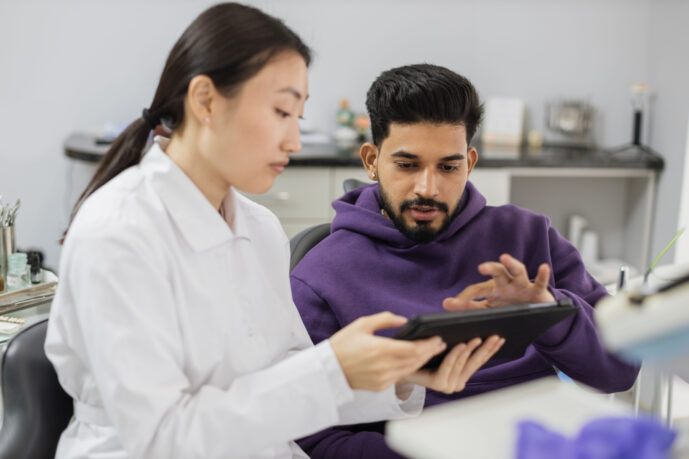Increasing Diversity in Clinical Trials: Dr. Danawi and the Arab Board for Clinical Research

In order to increase diversity in clinical trials, it is important to include voices from many different communities and roles. For this blog post, CRIO employee Stefanie Palmer sat down for a discussion with Dr. Hadi Danawi to talk about involving the Arab American community and people from Middle Eastern backgrounds in clinical research.
Who is Dr. Hadi Danawi?
Dr. Danawi graduated in 2001 with a Ph.D. in Epidemiology from the School of Public Health in Houston, TX. He worked for Johnson & Johnson in pharmacovigilance and as a Global Clinical Trial Manager. Following his time at J&J, he left pharma for academia and became a professor in global public health and epidemiology. He served on an IRB for HIV related clinical trials for many years. He is currently developing clinical trial courses and founded the Arab Board for Clinical Research.
How did it start?
When Dr. Danawi first came to the United States 27 years ago and applied for his driver’s license, he had to mark his race as “white.” This does not represent the genetic origin of the Middle Eastern people. Not having a way to denote a large portion of the American population’s race has a real effect on representation. Nevertheless, progress is being made; in 2030, the census will likely include a box for people of Middle Eastern and North African descent known as “MENA” people.
In April 2022, Dr. Danawi noticed the increasing buzz around diversity due to the release of the FDA guidance. However, the clinical research community seemed focused on African American and Latinx initiatives with nothing about the Middle Eastern people. However, the population base is present and growing. Arab immigrant numbers are rising in the United States, and the clinical research community is not tapping into that resource.
What are the goals?
The Arab Board for Clinical Research’s mission is to advocate for expanding and including Arab Americans in clinical trials. In the Arab community, there is limited awareness and access to the clinical trial space for several reasons. First, a language barrier can affect the recruitment and selection process, e.g., a lack of informed consents created in Arabic.
Bringing patients into clinical trials is one thing, but getting the community into the job market is yet another. There needs to be more understanding of the educational requirements, there is little to no networking available, and it all becomes a vicious circle. Let’s not forget that the Arabic community faces implicit bias; even with a Ph.D., Dr. Danawi has dealt with the ramifications of prejudice in the United States.
How will this organization help?
“At the end of the day, it is great to know the acronyms and have a degree, but if you don’t know people in the industry, chances are you are not going to be successful in getting a position in clinical research,” says Dr. Danawi.
The Arab Board for clinical research seeks to help by building connections and networks. Dr. Danawi has been speaking with some local grass-roots community organizations to get the ball rolling. They hope to bring more Arabic-speaking physicians into clinical research, thus establishing role models for the community. More goals for the organization include developing culturally sensitive recruitment material, increasing access to translators, raising funds for scholarships to clinical research courses, and creating patient advocacy and support groups.
Dr. Danawai’s long-term goals for the organization include establishing an Arab recruitment service for sponsors and CROs. In addition, he hopes to form a collective of other diversity-focused organizations to further the overall mission of a more diverse clinical trial atmosphere.
What can we do as members of the clinical research community?
Dr. Danawai’s most significant ask would be to get community organizations (like the Arab Board for clinical research) involved in early clinical trial design, incorporating diversity and inclusion from the start. Everyone can help further the mission by sharing and connecting with Dr. Danawi to follow along with his work.
Related Reading: Improving Patient Diversity in Clinical Trials with Technology




